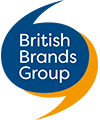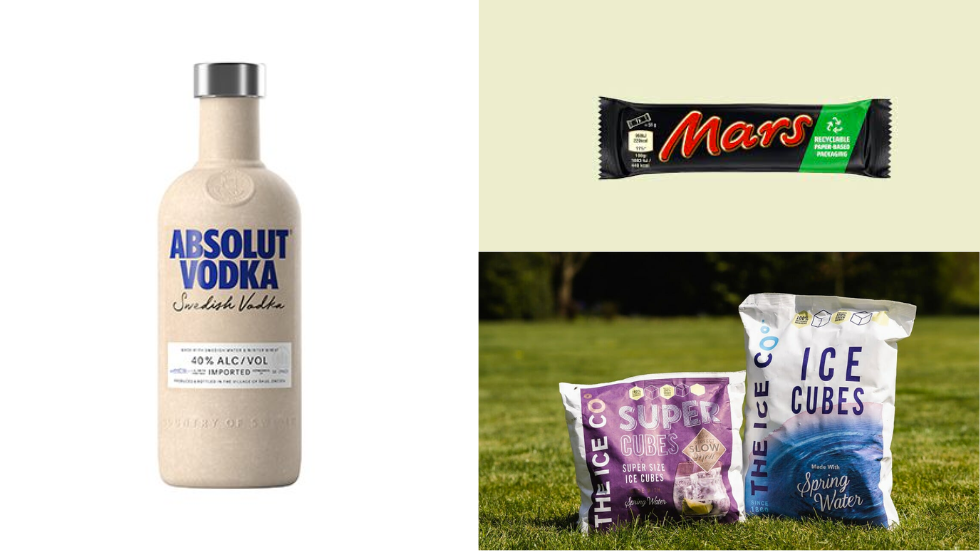As brands move to paper packaging, Absolut Vodka is the first global spirits brand to introduce a single-mould paper-based bottles in the UK. This packaging innovation is part of a three-month test for its paper bottle as part of a plan to create a 100% bio-based bottle that reduces CO2 emissions. Customers can recycle the packaging as paper through normal household waste.
The move to selling the bottle in-store follows previous testing by Absolut at festivals in the UK and Sweden. The trial aims to gain insights from consumers, retailers and supply chain partners to inform the next steps on Absolut’s innovation journey towards a commercially-viable, fully bio-based bottle. Absolut will test how the paper-based bottle transports and how consumers perceive it.
While standard glass bottles are also recyclable, paper bottles are eight times lighter and easier to carry. The end goal is for Absolut Vodka is for these paper-based bottles to complement their glass bottle, not replace it. Absolut believes consumers will use the paper bottles in out-of-home occasions such as festivals.
These trials with sustainable packaging are not without risk, as many other brands continue to explore paper-based options for packaging, while testing to find the right balance of cost and ensuring product quality is not compromised.
Mars has been trialling recyclable paper packaging in the UK to explore how these work in everyday life and to inform future packaging pilots. Similarly Quality Street made the move last year to ditch its traditional foil and plastic wrappers for recyclable paper, and at the same time, Nestlé also announced it was switching KitKat wrappers to 80% recycled plastic, allowing them to be recycled at supermarkets across the UK or put in household recycling in Ireland. In a first-to-market in the frozen category, The Ice Co introduced 100% recyclable paper bags for Super Cubes & Spring Water Ice Cubes products in 2022. Following a £26m investment, Tetley has also made a significant sustainable packaging step forward with the introduction of a new cardboard carton pack to replace its softpack packaging. With this transition, 97% of Tetley’s packaging will be reusable, recyclable or compostable.
Very few people would argue that it is essential we modify our consumption patterns to support broader environmental objectives. All these examples show how brands are fully engaged with, and in some cases leading on this sustainability agenda. Innovation has always been about much more than new products. Brands have multiple motivations for embracing sustainability – like all of us they are stakeholders in the future; they are driven by consumer insight and needs; they see opportunities to lead and be more relevant and distinctive; in some cases, they are responding to future regulation or to manage future supply chain costs. Brands succeed through taking a long-term perspective, whilst engaging with the here and now. This is not new. Brand owners have always innovated either to lead change or respond to it. These innovations demonstrate brands proactively investing to support change whilst continuing to build their equity and relevance in the face of changing consumers and new competitive challenges.
#WhatBrandsDo

